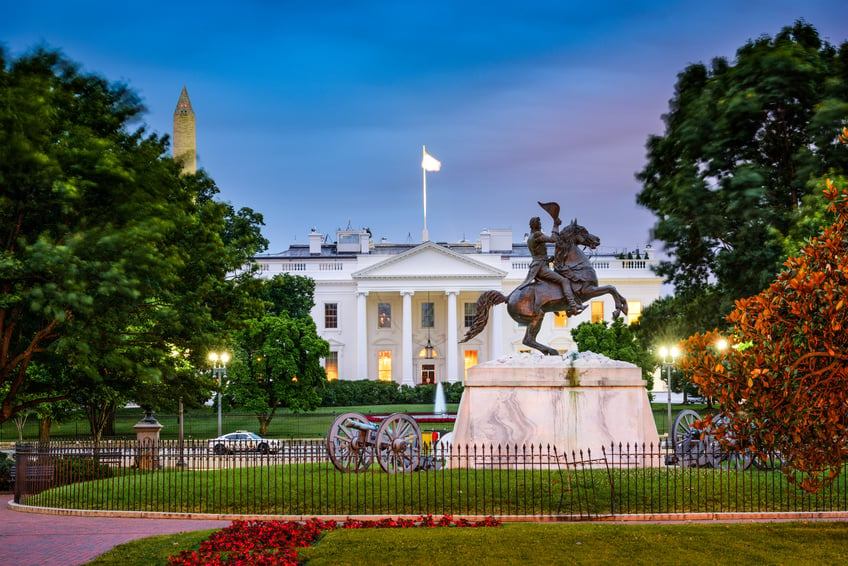On January 25, 2022, two senior Biden Administration officials held a background press call on potential economic deterrence measures to be imposed in the event of a Russian invasion of Ukraine. The senior officials stated that, if that happens, the US Government is prepared to impose sanctions with “massive consequences” for Russia that were not previously considered following the 2014 annexation of Crimea. The senior officials said that any new sanctions would be much stronger given the size of the Russian financial institutions and state-owned enterprises that would be targeted, the severity of the measures that are being contemplated, and the immediate effect of sanctions.
In addition to sanctions, the senior officials says the US is prepared to impose “novel” export controls on sophisticated technologies essential to Russia’s strategic ambitions. Export controls would be imposed that would likely affect sectors such as artificial intelligence, quantum computing, defense, and aerospace in Russia. The senior officials say this list of targets is not exhaustive. Certain non-US products that fall under US export regulations could also be restricted or prohibited for export to Russia. The senior officials say that these export controls should have minimal impact on global supply chains, and they would be used to deny Russia access to sophisticated items that it cannot easily replace through domestic production or alternate supplies.
Finally, the senior officials said the US Government is working closely with allies to decisively impose severe consequences on Russia if it “further invades Ukraine.” While the European Union and UK’s actions may not be identical to those of the US Government, they indicated that there is a unified intention to impose massive consequences that would severely impact the Russian economy.
The authors acknowledge the assistance of Ryan Orange in the preparation of this blog post.




